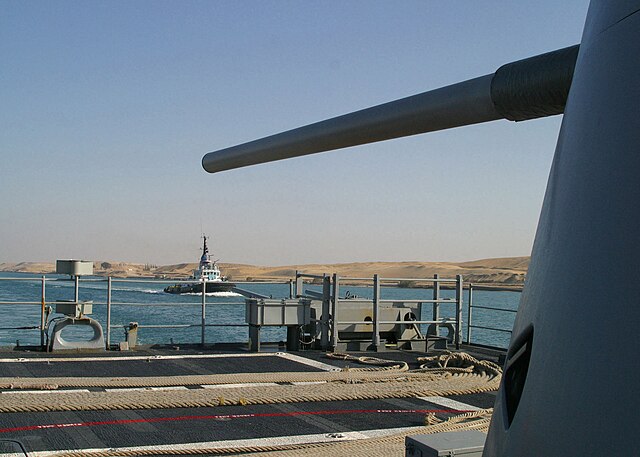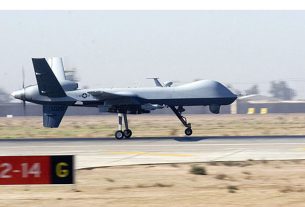In recent weeks, the Red Sea region has become a hotbed of geopolitical tensions, with multiple factors contributing to an increasingly complex and precarious situation. The strategic waterway, connecting the Mediterranean Sea to the Indian Ocean, is now witnessing heightened rivalries and shifting alliances among regional powers.
At the center of these tensions is the longstanding rivalry between Saudi Arabia and Iran, each vying for dominance in the region. The Red Sea has become a new arena for their geopolitical competition, with reports indicating increased naval presence and military maneuvers by both nations. Concerns are rising globally as the potential for direct confrontation looms large in this crucial maritime passage.
Compounding the regional tensions is the ongoing conflict in Yemen, where Houthi rebels, backed by Iran, control strategic points along the Red Sea. This dynamic adds a layer of complexity, as the Houthi rebels have recently escalated attacks on shipping lanes, citing their actions as a response to the situation in Gaza. The international community is closely monitoring these developments, recognizing the potential for a broader conflict with profound implications for maritime security.
The situation in Yemen is intricately linked to the larger geopolitical landscape, as the Houthi rebels’ targeting of shipping in the Red Sea is seen as a direct response to perceived support for Israel in the ongoing Gaza conflict. The rebels’ actions raise significant concerns about the disruption of crucial maritime trade routes, threatening global commerce and stability.
Amidst these developments, external actors such as the United States, Russia, and China are increasing their involvement, adding another layer of complexity to the already delicate situation. The Red Sea is evolving into a geopolitical flashpoint, and diplomatic efforts are underway through channels like the United Nations to de-escalate tensions and find a peaceful resolution.
The global community is keenly aware of the urgency in finding a diplomatic path forward. The United Nations and other diplomatic channels are actively engaged in efforts to diffuse tensions, prevent further escalation, and address the multifaceted challenges in the Red Sea. The involvement of major powers underscores the significance of this maritime corridor for global trade and regional stability.
As Houthi rebels continue to target shipping in the Red Sea, there is a growing consensus on the need for comprehensive and inclusive solutions. Maritime security is now at the forefront of diplomatic discussions, as disruptions to trade routes could have far-reaching consequences. The world watches with bated breath, hoping for a de-escalation of tensions and the restoration of stability in this critical region that serves as a linchpin for global commerce and geopolitical equilibrium.





